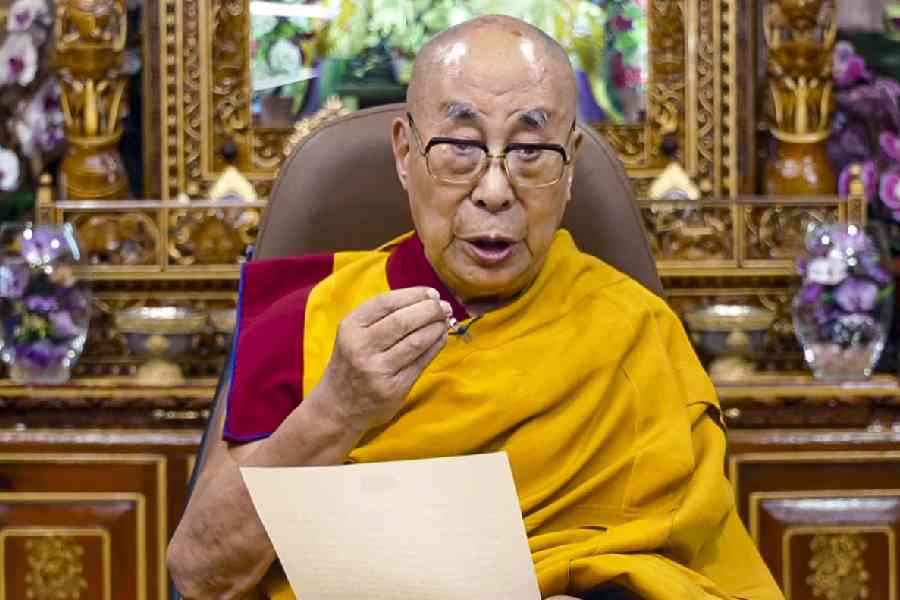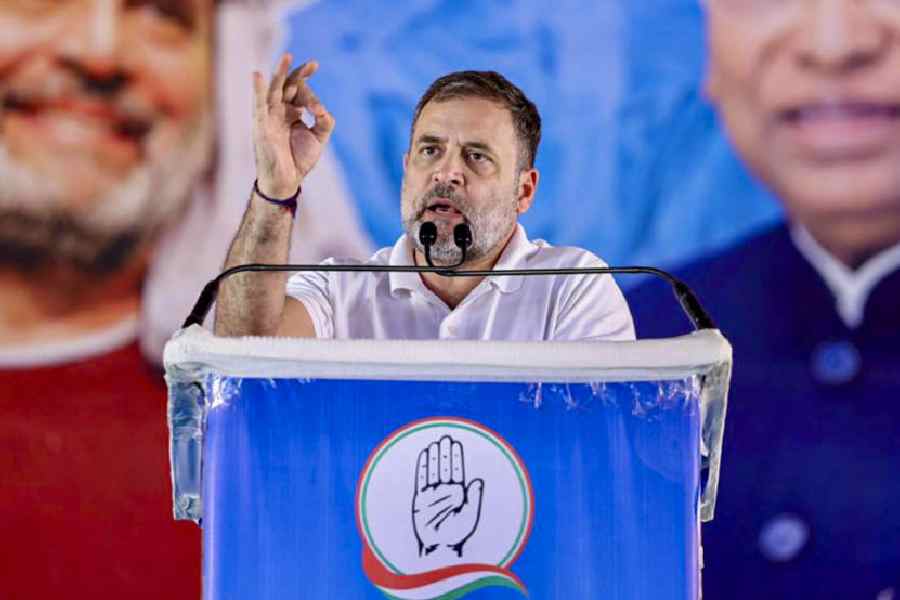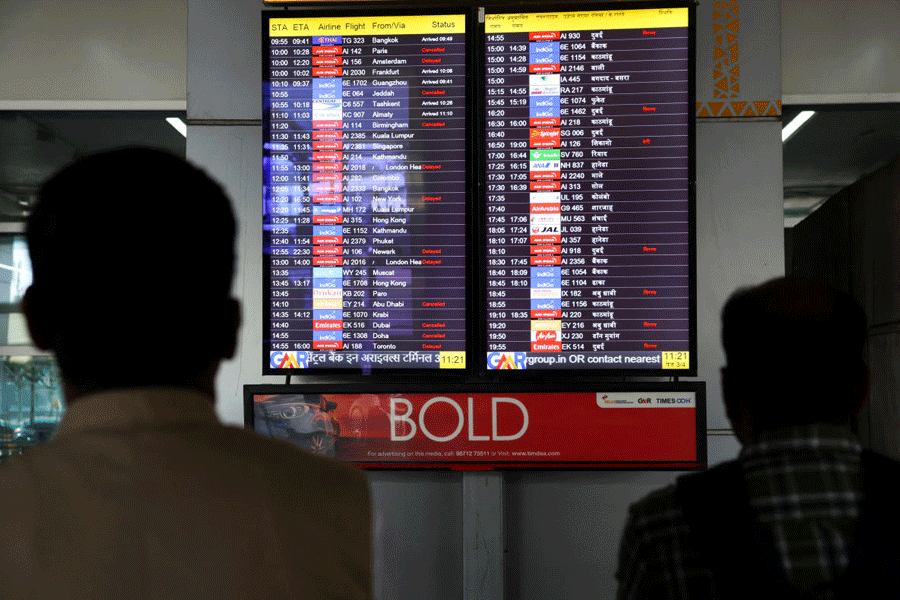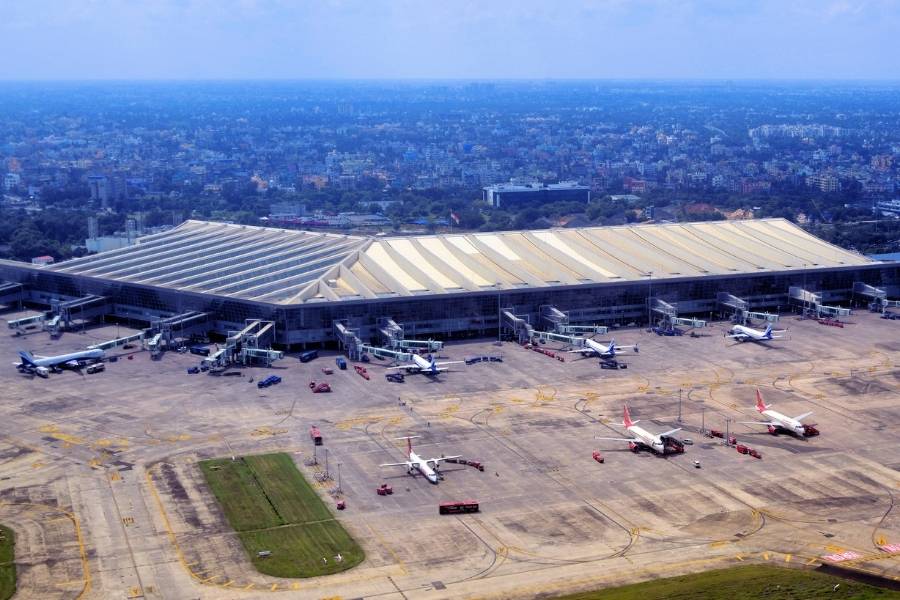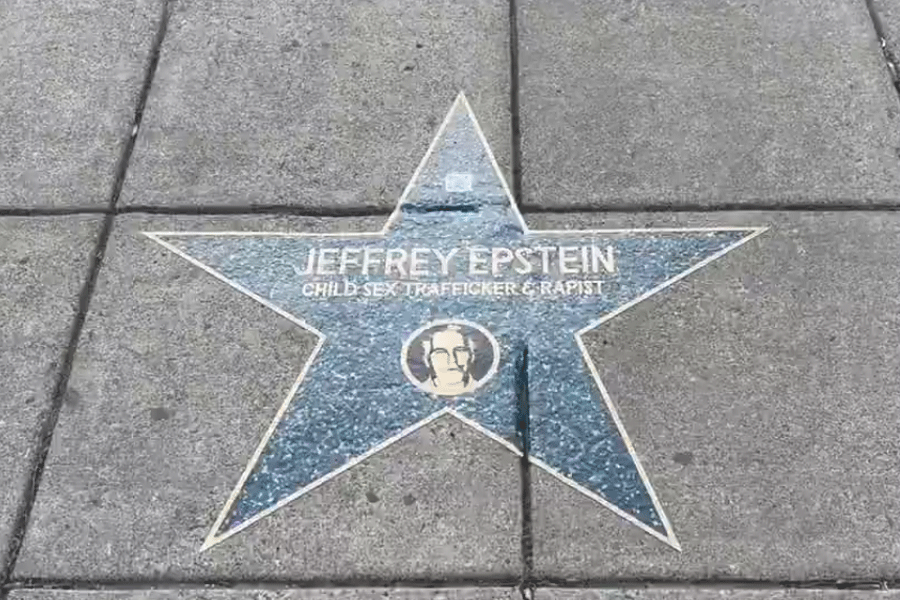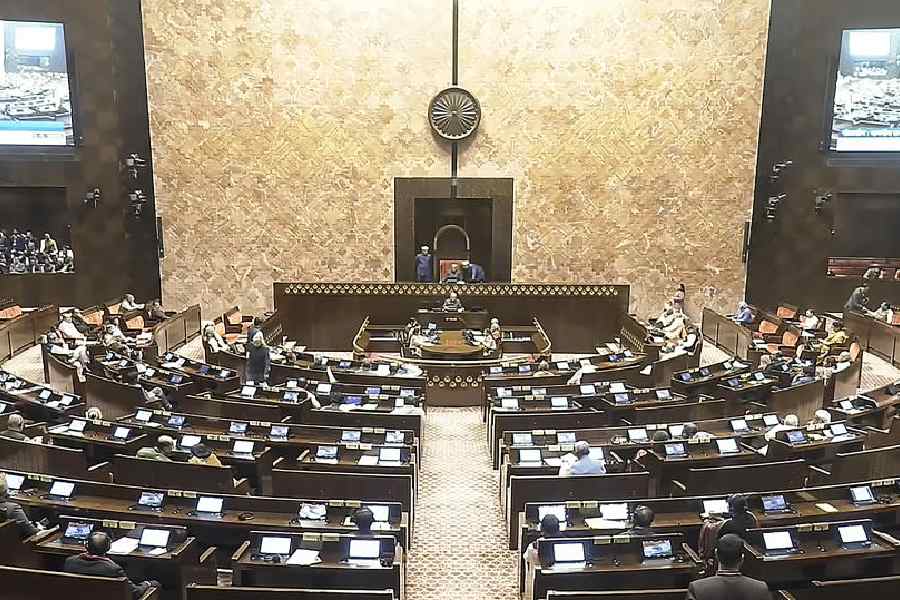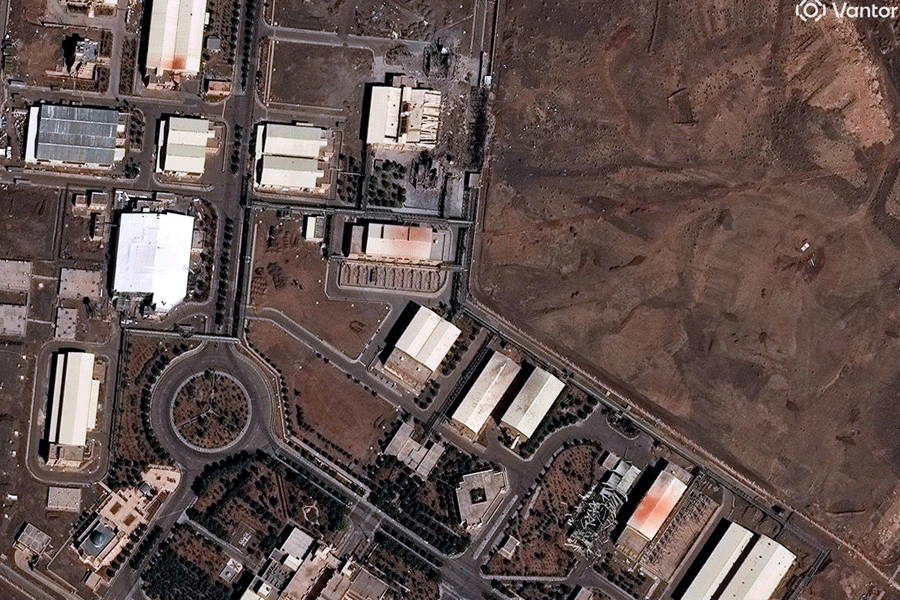The Dalai Lama on Wednesday announced in Himachal Pradesh’s Dharamshala that his position would continue and only the Gaden Phodrang Trust under his office had the authority to recognise his reincarnation, prompting China to assert that his successor must have its approval and the “supposed reincarnation must comply with Chinese laws”.
India, which had drawn the wrath of China for granting asylum to the Dalai Lama in 1959, chose to remain silent on the developments. The Modi government is expected to send its representatives to Dharamshala on July 6 for the Dalai Lama’s 90th birthday celebrations.
With this announcement, Tenzin Gyatso, the 14th Dalai Lama who fled Tibet in 1959 and set up a government-in-exile in Dharamshala, has sought to pre-empt any move by Beijing to recognise a Dalai Lama after his death.
Soon after the announcement, Penpa Tsering, leader of the Central Tibetan Administration (CTA) in India, said the Trump administration had decided to lift the aid cuts to the Tibetan government-in-exile, Reuters reported. The US accounts for about 50 per cent of the CTA’s annual budget.
In a video message recorded on May 21 but released on Wednesday at the inaugural session of the 15th Tibetan Religious Conference, the Dalai Lama said: “Although I have had no public discussions on this issue, over the last 14 years leaders of Tibet’s spiritual traditions, members of the Tibetan Parliament in Exile,… NGOs, Buddhists from the Himalayan region, Mongolia, Buddhist republics of the Russian Federation and Buddhists in Asia, including mainland China, have written to me with reasons, earnestly requesting that the institution of the Dalai Lama continue. In particular, I have received messages through various channels from Tibetans in Tibet making the same appeal. In accordance with all these requests, I am affirming that the institution of the Dalai Lama will continue.
“The process by which a future Dalai Lama is to be recognised has been clearly established in the September 24, 2011, statement, which states that responsibility for doing so will rest exclusively with members of the Gaden Phodrang Trust, the Office of His Holiness the Dalai Lama. They should consult the various heads of the Tibetan Buddhist traditions and the reliable oath-bound Dharma Protectors who are linked inseparably to the lineage of the Dalai Lamas. They should accordingly carry out the procedures of search and recognition in accordance with past tradition.
“I hereby reiterate that the Gaden Phodrang Trust has sole authority to recognise the future reincarnation; no one else has any such authority to interfere in this matter.”
Responding to a question on the Dalai Lama’s assertion, Chinese foreign ministry spokesperson Mao Ning said: “The Dalai Lama’s reincarnation must follow the principles of domestic recognition, the ‘Golden Urn’ process, and approval by the central government, in line with religious traditions and laws.”
China recognises a practice dating back to its Qing dynasty in the 18th century on selecting a Dalai Lama through a draw of lots from a Golden Urn and recognition from the government. This had been iterated by Mao Zedong himself. Government approval of religious heads is a norm in China.
A PTI report from Beijing on Wednesday dwelt on how the traditional ceremony was incorporated in 2007 into China’s official regulations along with a clause explicitly banning interference by overseas individuals and parties.
In the video message, the Dalai Lama referred to his September 24, 2011, statement at a meeting of the heads of Tibetan spiritual traditions and recalled: “As far back as 1969, I made clear that the people concerned should decide whether the Dalai Lama’s reincarnations should continue in the future.”

